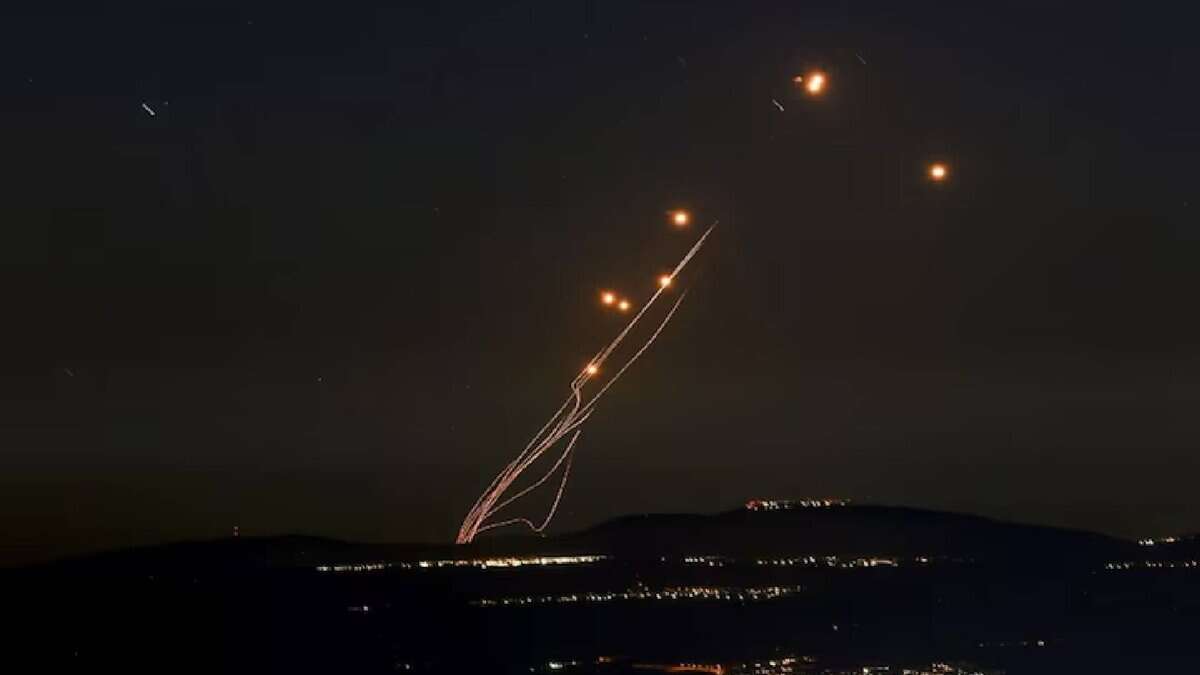
Israel’s ongoing conflict with Iran is exacting a staggering financial toll, with the cost of war estimated at hundreds of millions of dollars each day, according to an early assessment reported by The Wall Street Journal (WSJ) on Thursday, June 19.
Experts cited by the WSJ identified the cost of interceptors used to destroy incoming Iranian missiles as the most significant expense. These alone are believed to be costing between tens of millions to as much as USD 200 million per day. Additional burdens include spending on ammunition, deployment of aircraft, and the extensive damage inflicted on infrastructure. The destruction to buildings alone is projected to exceed USD 400 million.
The report suggests that spiralling costs could push Israeli leadership to seek a swift end to hostilities. “The main factor which will really determine the cost of the war will be the duration,” said Karnit Flug, former governor of the Bank of Israel and now a senior fellow at the Israel Democracy Institute. She noted that while Israel’s economy is resilient enough to withstand a brief conflict, a prolonged campaign would pose far greater challenges. “If it is two weeks or a month, it is a very different story,” she cautioned.
Adding to concerns, the WSJ revealed on Wednesday, June 18 that Israel is reportedly running low on Arrow missile interceptors. A senior US official warned that the shortage could compromise Israel’s defence capabilities if the fighting drags on, heightening anxiety over its ability to counter continuing missile barrages from Iran.
The current escalation began in the early hours of Friday, June 13, when Israel, reportedly with US backing, launched Operation Rising Lion—a broad aerial offensive targeting Iranian nuclear sites, missile facilities, and senior figures. In retaliation, Iran unleashed True Promise 3 that evening, firing scores of ballistic missiles and drones at Israeli cities.
The human toll continues to rise. According to the Human Rights Activists News Agency (HRANA), Israeli strikes have killed at least 657 people in Iran, including 263 civilians and members of the security forces. More than 2,000 others have been wounded. In Israel, authorities report at least 25 fatalities and several hundred injuries since the start of the clashes.
The mounting economic strain and heavy human cost are intensifying calls for an end to the conflict, as both nations face the prospect of further devastation.



